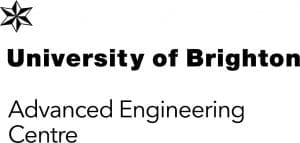Recently Professor Sergei Sazhin brought the AEC another prestigious win with the project entitled “Development of the models of kerosene surrogate droplet heating and evaporation”. This project, led by Professor Elena Shchepakina from the Samara National Research University (Russia), will see the cooperation with the AEC to develop a new mathematical model to treat evaporation and condensation of kerosene droplets. Another great step for an already very strong research group on the field of numerical modelling of evaporation and condensation of droplets.
The project aims to fill the gaps in the present methodology to study the processes happening in gas turbines, this being CFD, as they rely on simplified models of individual processes (for example, they do not take into account the presence of a gradient of components in drops of surrogate kerosene, as well as the properties of individual fractions). The development of these codes depends on the understanding of physical processes, the availability of proven approaches and models, as well as the mathematical tools capable of solving such problems. The main applications for gas turbines are aircraft engines and thermal power plants. But in addition to aircraft engines, multicomponent fuels are widely used in internal combustion engines and rocket engines. It is well known that the traditional hydrocarbon fuel used (kerosene and its derivatives) or fuel from bio raw materials in most engines is a mixture of many components, the number of which can exceed a hundred. Currently, there are models of fuel atomization and multiphase media flow. However, only a few of them can be used for multicomponent fuels, and there are practically no models that allow studying the combustion processes of partially evaporated fuels. Thus, the formation of reliable models of fuels – fuel surrogates, is currently a key task for improving heat engines. During the project, new models of the formation and evolution of two-phase flows will be developed under conditions of intense heat and mass transfer processes. It will bring the technology of numerical modeling of combustion processes of two-phase flows (liquid fuel/air) to a qualitatively new level. The development of this technology will be adapted to various future generation engines and power plants.





Leave a Reply